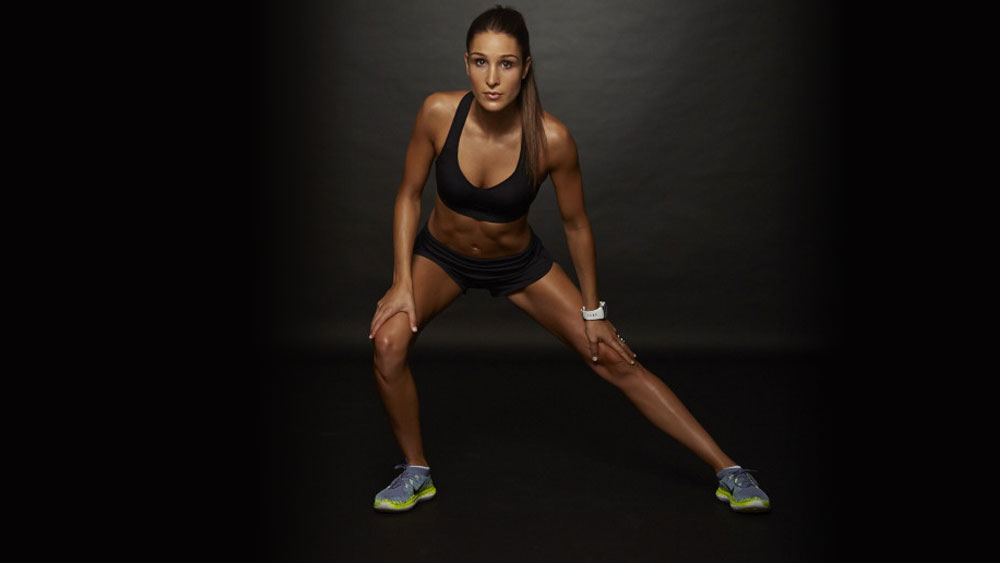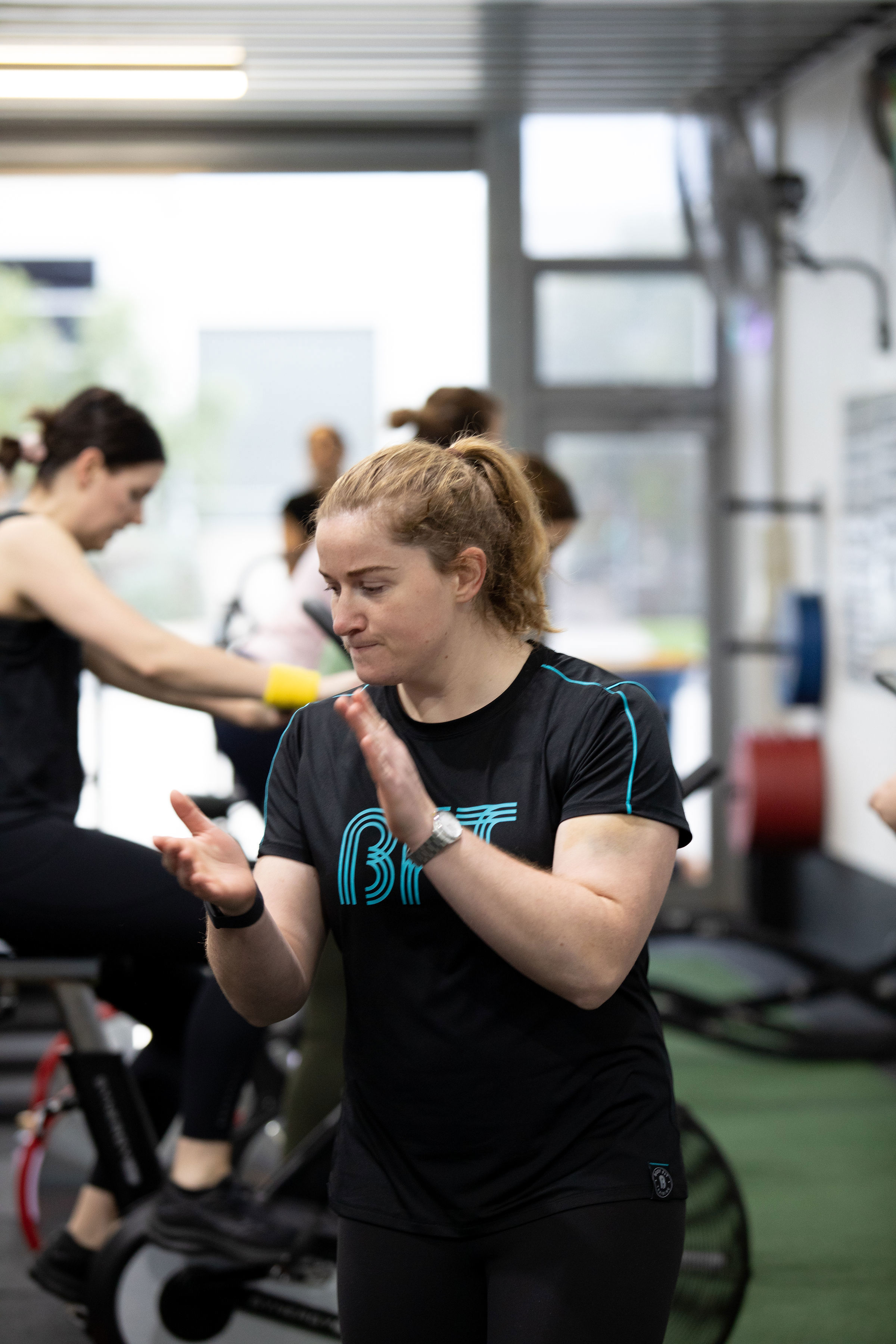It’s the time of year when, whilst riding the highs of the new year, new me energy, many become curious about improving their health.
Despite the best of intentions, sometimes it is challenging to embark on a change towards starting to work out or exercise more.
We have asked a group of fitness experts what their top tips are when it comes to growing fitness, to keep the ball rolling past the new year.
Five trainers have shared their advice with 9Honey Coach, read on to find out what their top tips are for people who want to start exercising.
READ MORE: Denmark’s Queen Margrethe II to step down from throne
Kayla Itsines – Sweat trainer and global fitness star
The worst thing that you can do is jump fully into a routine and try and change your entire life. So like, people, women get these sudden bursts of motivation. And they’re like, eliminate everything and then go full ball.
But the key is, which is the hardest thing to do, is to start small. It’s just adding in things rather than subtracting things. So add a workout, nail the one workout, and add in another workout.
Now there are two workouts, like don’t add in five days. Don’t sign yourself up to a gym that you’re not going to be able to travel to, start with the home workout. And master that. That would probably be my top advice. And don’t cut out food groups – never!
Chontel Duncan – Gym Owner & Online Trainer
READ MORE: Everything you need to know about the Danish royal family
My number one piece of advice is grounded in sound principles.
To start, it’s crucial to establish a well-structured routine for your week, meticulously plotting when you’ll engage in your workouts.
This level of organisation will set the stage for success, ensuring that you’re adequately prepared. However, alongside this, you must cultivate a mindset that’s both adaptable and resilient.
Flexibility is essential because life can throw unexpected challenges your way, whether it’s a sudden parenting obligation or unforeseen interruptions. Without this adaptable mindset, your workout sessions may be derailed, leaving you disheartened.
Conversely, when you possess the ability to pivot and seize opportunities, you can compensate for missed workouts, perhaps scheduling them for the following day. This blend of structured organisation and a flexible outlook is the key to a successful fitness journey.
Katie Martin – Personal Trainer with SWEAT
Start small and slowly. A walk or a 15-minute at-home workout may be the best place to start. Gradually over time you will add more workouts to the week, extra steps etc… Build your habits over time.
If you rush the process and try to overhaul your entire lifestyle at once, you are most likely going to crash and burn and fall back into old habits.
Ben Lucas – Director of Flow Athletic
I have a few pieces of advice. The first one is to find a workout that you enjoy. If you don’t like spin class, try HIIT, Strength, Running, Barre, Pilates etc. The options for keeping fit are endless, so find something you enjoy or mix it up.
Secondly, make sure it is convenient for you to attend. If the class times don’t match your schedule, or the fitness studio is too far away, you are unlikely to attend. Find something that is convenient, or even opt for an online workout.
While I have more tips, I will add that when you are getting into a routine, it is easy to forget about things and let them go. Therefore I recommend you put your workouts into your diary and keep them as you would any other appointment until attending your workouts becomes normal for you.
Prue Harvey – Training Educator at BFT
Do your research! Understand first your “why” for training & what your goals are!
Find the mode of training that aligns with these long-term goals, not just a quick fix!
If a studio/gym has no reason or methodology behind its training, you might be in the wrong place!








